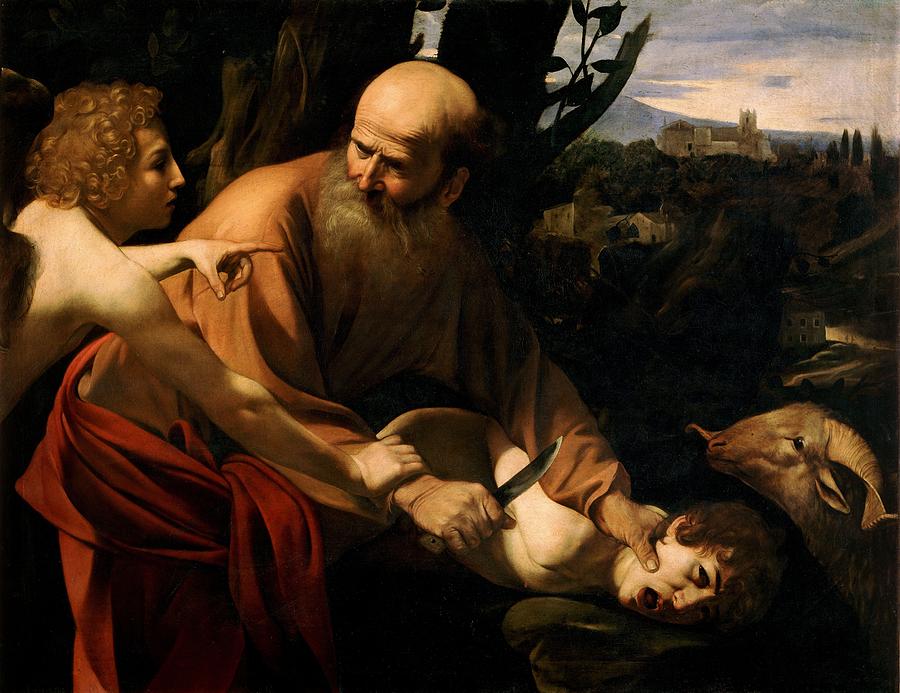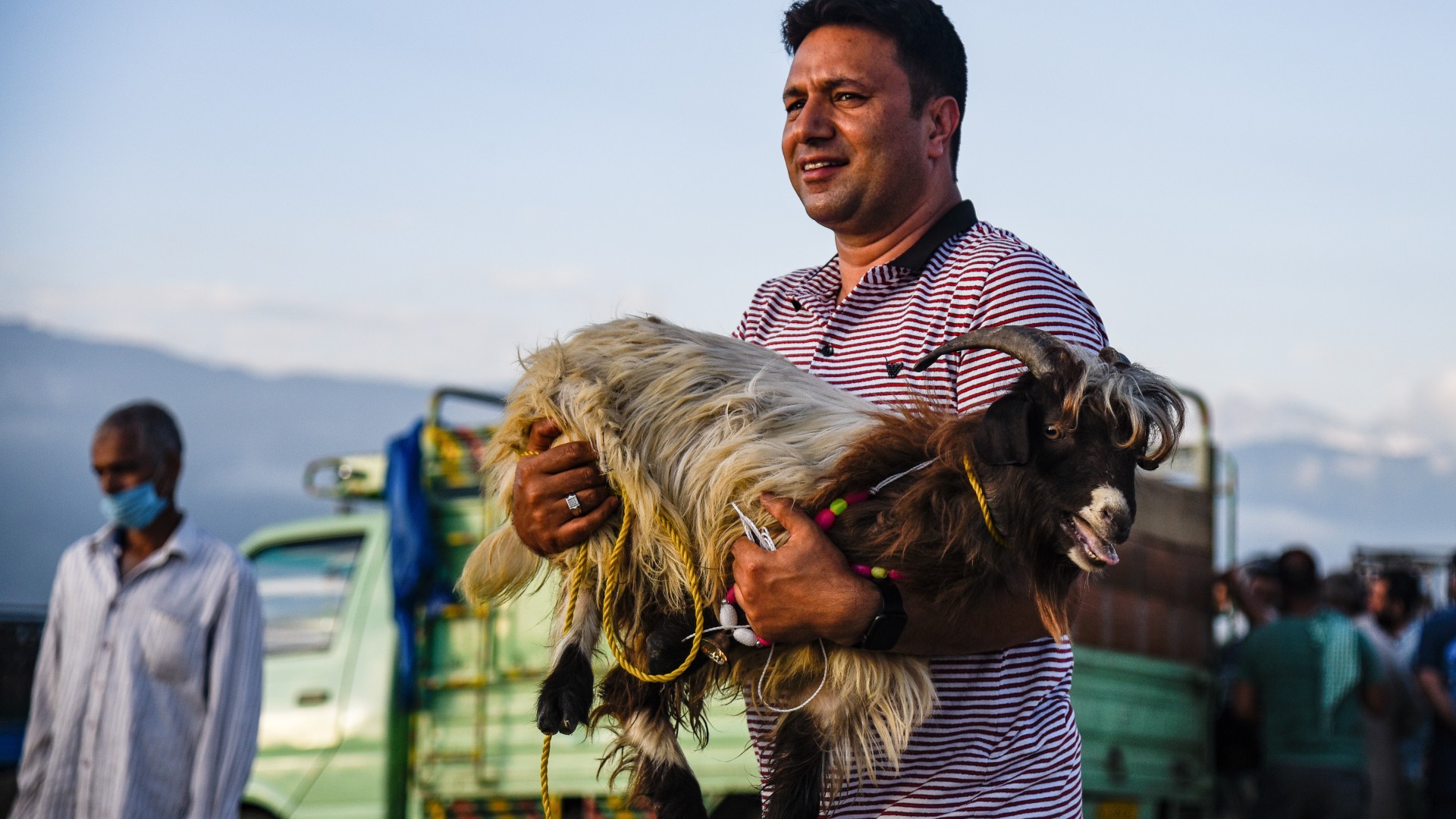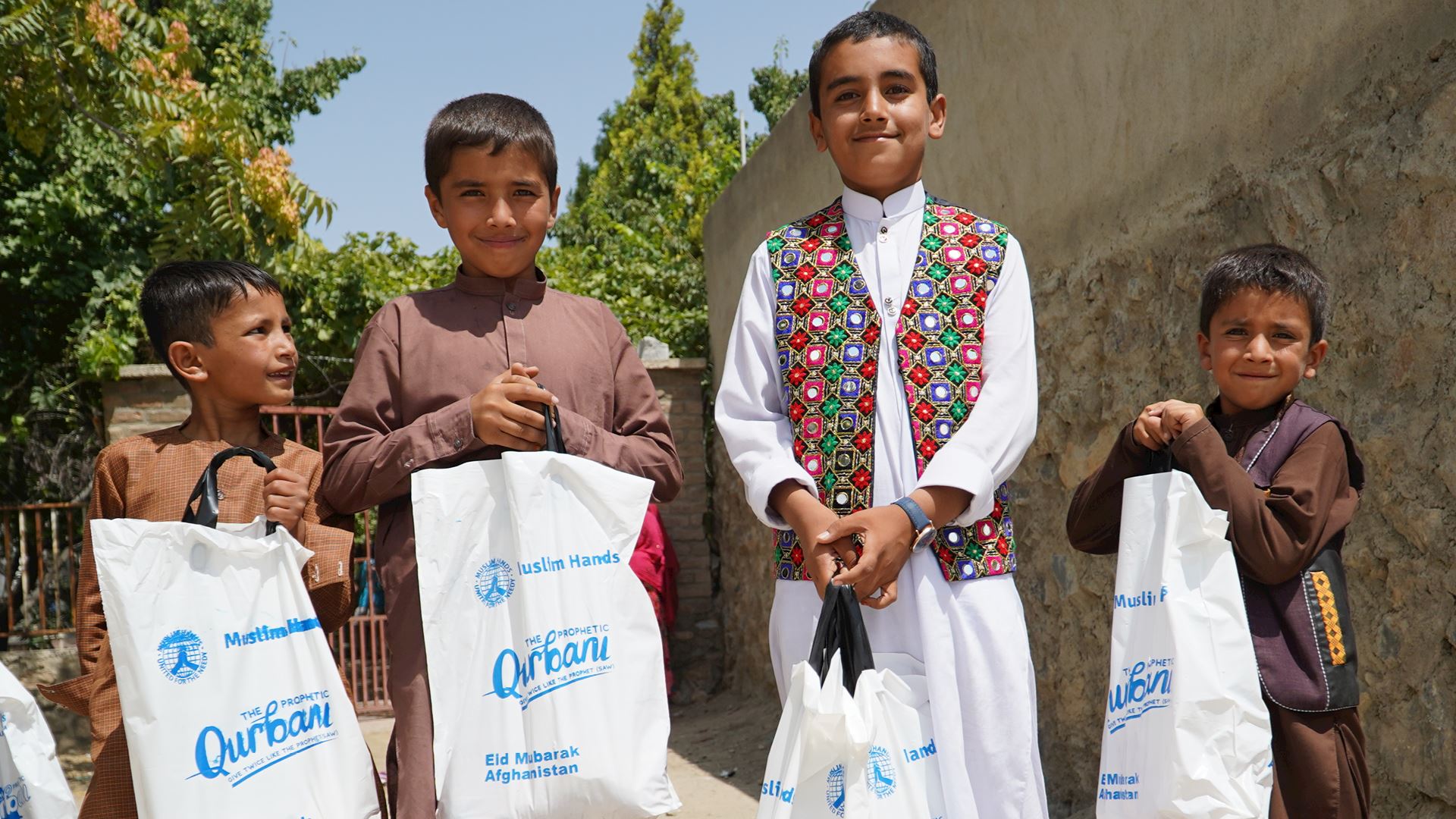The Significance of Sacrifice: Why Eid al-Adha Holds a Special Place in Islamic Celebrations
Eid al-Adha, also known as the "Festival of Sacrifice," is one of the two major Islamic holidays, alongside Eid al-Fitr. While both occasions hold immense importance, Eid al-Adha carries a unique weight within Islamic tradition. This article explores the reasons why Eid al-Adha might be considered the most significant Islamic celebration, delving into its historical roots, commemorative themes, and the spirit of community it fosters.
A Story of Unwavering Faith: The Historical Significance of Eid al-Adha
Eid al-Adha commemorates the story of Prophet Ibrahim (Abraham) and his unwavering faith in God. As narrated in the Quran, Prophet Ibrahim receives a dream commanding him to sacrifice his most beloved son, Ishmael. Prepared to submit to God's will, Ibrahim journeys with Ishmael to the designated location. Just as Ibrahim raises the knife, Allah intervenes, providing a ram as a substitute sacrifice. This act of obedience and ultimate sacrifice by Prophet Ibrahim exemplifies complete trust in the divine plan, a core tenet of Islam.
Eid al-Adha: A Celebration of Sacrifice, Sharing, and Unity
The celebration of Eid al-Adha revolves around several key themes:
- Sacrifice: The central theme is the act of sacrifice, reflecting Ibrahim's willingness and the importance of surrendering one's desires to God's will. Muslims who are financially able perform a ritual sacrifice of an animal (sheep, goat, camel, or cow) following specific guidelines.

- Sharing and Charity: The meat from the sacrificed animal is divided into three parts: one-third for the family, one-third for relatives and friends, and one-third for the poor and needy. This practice, known as Qurbani, promotes social responsibility and ensures everyone has access to a festive meal.

- Unity and Community: Eid al-Adha fosters a strong sense of community. Muslims gather for special prayers, exchange Eid greetings ("Eid Mubarak"), visit family and friends, and share meals together. This strengthens social bonds and creates a sense of belonging.

Beyond Celebration: The Enduring Message of Eid al-Adha
The significance of Eid al-Adha extends far beyond the festivities. It serves as a powerful reminder for Muslims to cultivate:
- Submission to God's Will: The story of Ibrahim emphasizes the importance of complete faith and obedience to God's commands, even when faced with immense challenges.
- Gratitude: Eid al-Adha reminds Muslims to be grateful for God's blessings, including family, health, and provisions.
- Compassion and Generosity: Sharing the sacrificial meat with the less fortunate fosters empathy and encourages acts of charity, a core Islamic principle.
- Selflessness: The act of sacrifice signifies putting the needs of others before oneself, a valuable lesson applicable to all aspects of life.
Eid al-Adha and the Hajj Pilgrimage
Eid al-Adha also coincides with the culmination of the Hajj pilgrimage, the fifth pillar of Islam. Pilgrims performing Hajj complete their rituals in Mecca on the day of Eid al-Adha, further emphasizing the connection between sacrifice and faith.
A Celebration for All: The Universality of Eid al-Adha
Beyond the Islamic community, Eid al-Adha holds a message of universal significance. The themes of sacrifice, compassion, and sharing resonate with people of all faiths and backgrounds. It serves as a reminder of the importance of putting our faith and values into action, and contributing to the well-being of others.
Conclusion: A Celebration that Endures
While each Islamic celebration holds its own significance, Eid al-Adha stands out for its powerful historical narrative, emphasis on sacrifice and charity, and its ability to strengthen both individual faith and community bonds. It serves as a timeless reminder of the importance of unwavering faith, selflessness, and social responsibility, values that continue to resonate in the modern world. Eid al-Adha is a celebration that transcends cultures and generations, offering a message of hope, unity, and compassion for all.














































